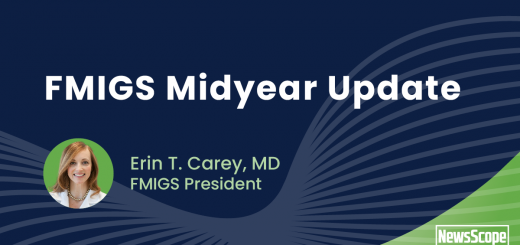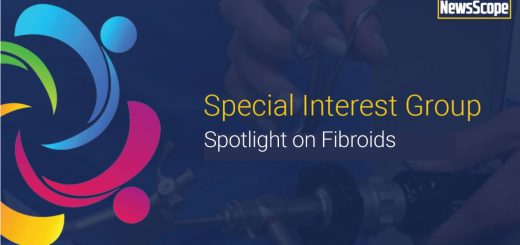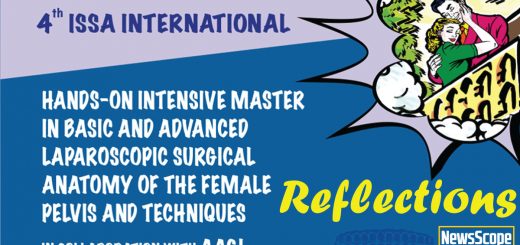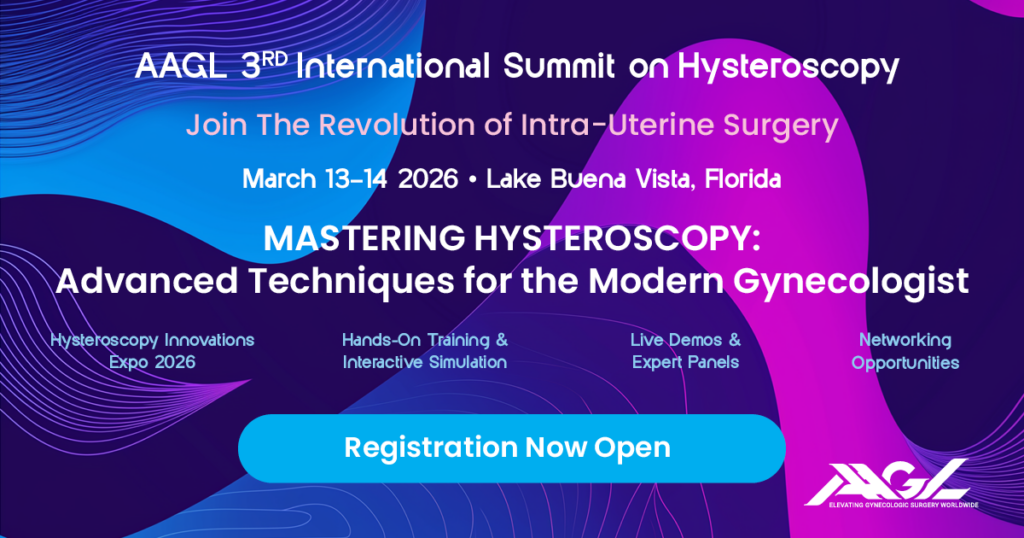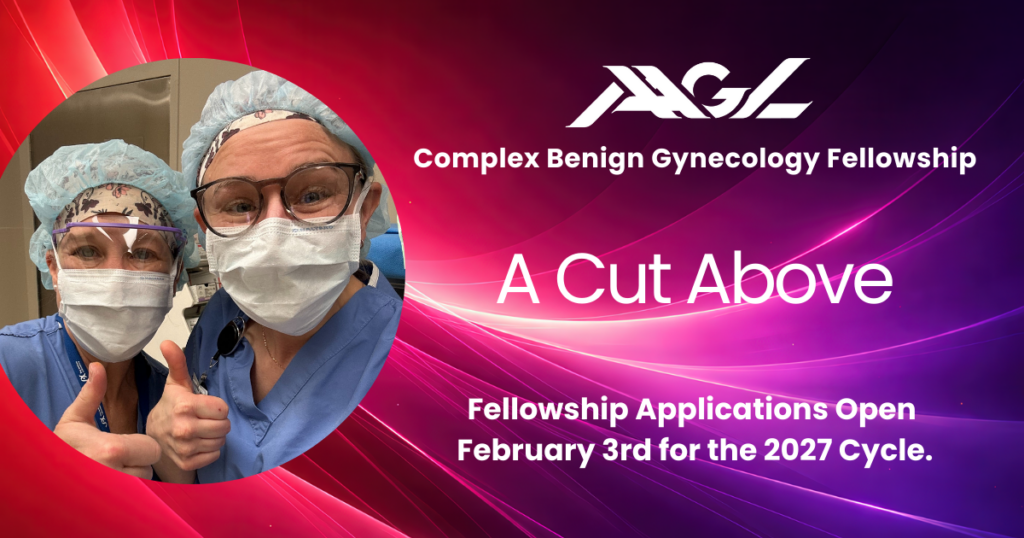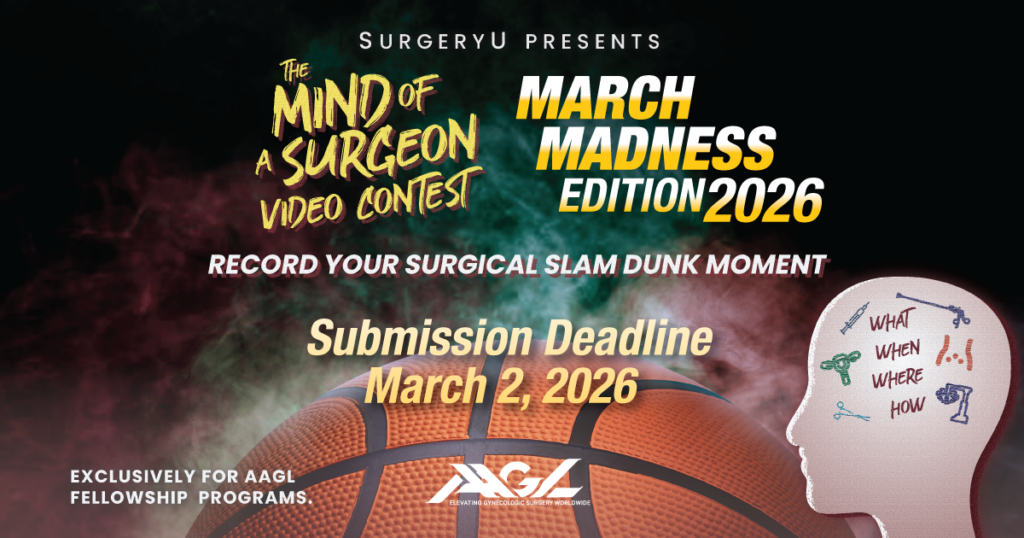AAGL 2024 53rd Global Congress Update: PG Courses and Labs
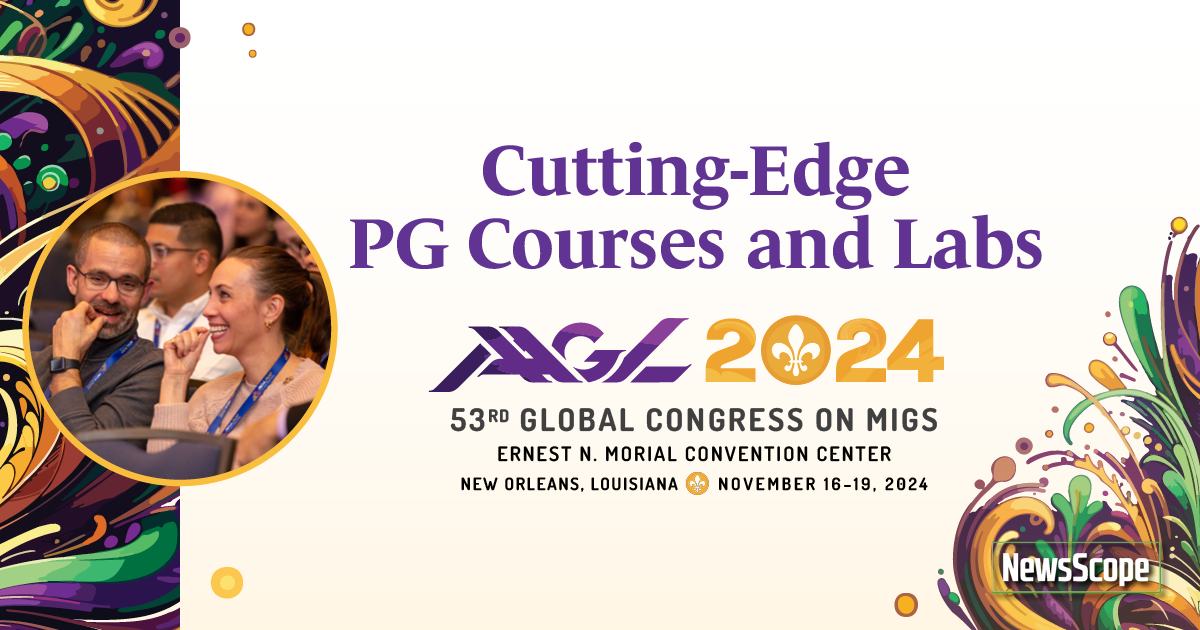
Our Global Congress is quickly approaching! In just four short months we will be together in exciting New Orleans, soaking in the culture of the city and the company of our friends and colleagues. I encourage you to make your plans now to join us. The early bird discount on registration ends September 2, 2024.
As the details of our Scientific Program are finalized, I can take a deep breath and reflect on the tremendous work of the Scientific Program Committee. It was an honor to witness their dedication in developing a combination of impactful training opportunities that will catapult our specialty forward. Each course was meticulously assessed for the highest quality content; we considered the needs of our members to ensure that every attendee, regardless of their level of experience, will come away from this event with new information, new skills, and renewed inspiration.
This month I would like to highlight our Postgraduate (PG) Courses and Labs. The first two days of our congress will feature 20 carefully developed PG courses and four labs (two of which are Industry Labs). Eight of these PG courses were designed by the Chairs of our Special Interest Groups (SIGS) and feature the topic of their expertise: Endometriosis/Reproductive Surgery, Fibroids, Hysteroscopy, Oncology, Pediatric & Adolescent Gynecology, Pelvic Pain, Robotics, and Urogynecology/Vaginal Surgery.
To this point, I will share a sidenote: a not-so-secret tip for those who are interested in becoming more involved in AAGL and in the AAGL Scientific Program. One of the easiest ways to get involved, contribute to our field, and make your name known throughout AAGL, is to join a SIG and actively participate in the activities of that SIG. Then each year, as nominations open for SIG leadership positions, express your interest through your involvement, and move your way into those positions. This will open opportunities for you to contribute articles to NewsScope, assist in planning a course for the Global Congress, become a faculty member, and ultimately begin sharing more of your expertise with our community. It is also a way to begin entering leadership positions within the AAGL, as well as building yourself a network of supportive peers from all around the world.
Back to the program! Our PG Courses and Labs Saturday, November 16, and Sunday, November 17, offer Continuing Medical Education (CME) credits and are described in detail on the Global Congress website under the Program tab.
Arrive early to hit the ground running at 9:15am on Saturday with one of these dynamic courses: Rethinking Roadblocks: The Fundamentals of Laparoscopic Hysterectomy and Beyond led by Chair, Katie de Souza; Post Hysterectomy Deep Endometriosis – Strategies to Overcome the Surgical Complexity led by Chair Emad Mikhail; Non-Extirpative Management of Fibroids with Chair, Bruce Lee; Office Hysteroscopy – Just Do It (Why, How, When, How Much …) led by Chair, Jovana Tavcar; and Intra-Operatory Image-Guided Surgery: How to Bring More Precision and Safety to Your Operations led by Chair, João Paulo Epprecht.
After an onsite networking lunch, our afternoon continues with thought-provoking courses including: The Impact of MIGS on Shaping Pregnancy: Navigating Obstetrical Success at the Intersection of Surgery and Childbirth led by Chair, Miriam Hanstede; Deep Infiltrating Endometriosis: A Multidisciplinary Approach led by SIG Vice Chair, Vicky Vargas; Procedural Treatments for Chronic Pelvic Pain: A Hands-On Approach to Pelvic Anatomy and Adjuvant Therapies for Pelvic Pain led by our Pelvic Pain SIG Chair, Susan Khalil; Hysteroscopic Skillset Optimization – Master the Art of Uterine Evaluation led by our Hysteroscopy SIG Chair, Erica Robinson; and Hereditary Gynecologic Cancers led by our Oncology SIG Chair, Yukio Sonoda.
In addition to these PG Courses, we will hold several labs on Saturday afternoon that can be added to your Global Congress registration. The EMIGS Suturing Simulation Lab, chaired by Thomas Lang and Co-Chair, Megan Cesta, will provide a comprehensive review of the essentials of laparoscopic suturing, from basic to advanced, in a dry lab setting. We will also hold several industry sponsored labs on Saturday including an all-day Robotics Lab by Intuitive Surgical and an afternoon lab sponsored by Hologic (Laparoscopic) and Gynesonics (Hysteroscopic) on Radiofrequency Ablation (RFA).
Sunday your day begins again at 9:15am. Choose from the following dynamic PG course options: AAGL/ISSA: “The Tide is High, But I’m Holdin’ On:” Tips and Tricks in Minimally Invasive Retroperitoneal Surgical Anatomy to Perform Safe Gynecologic Surgery led by Co-Chairs Shailesh Puntambekar and Marcello Ceccaroni; All the Agenesis: Evidence Based Diagnosis and Management of Various Obstructive Mullerian Anomalies led by Pediatric Adolescent Gynecology SIG Chair, Krista Childress; Extirpative Surgical Management of Fibroids led by our Fibroids SIG Chair, Kristen Pepin; Robotics in Gynecologic Surgery: Beyond the Hysterectomy led by our Robotics SIG Chair, Erica Stockwell; and Vaginal Surgery: Staying Out of Trouble and How to Fix It When the Inevitable Happens led by our Urogynecology and Vaginal Surgery SIG Chair, Lauren Siff.
After another onsite networking lunch, afternoon PG courses begin at 12:45pm and include Enhancing Fertility Through Expert Surgical Collaboration led by Chair, Rebecca Flyckt; Treating Endometriosis in Adolescents led by Chair Jessica Shim; Mastering Complex Endometriosis Cases: A Surgical Guide to Success and Complication Prevention led by Chair Hélder Ferreira; Sharing Our Knowledge: How to Educate MIGS Surgeons led by Chair Jose Carugno; and Uterine Niche: Diagnosis, Treatment and Prevention led by Chair Roseanne Kho.
Sunday afternoon will also feature the AAGL/ISSA: Tips and Tricks in Minimally Invasive Retroperitoneal Surgical Anatomy to Perform Safe Gynecologic Surgery Advanced Anatomy Cadaver Simulation Lab. This lab is led by Co-Chairs Shailesh Puntambekar and Marcello Ceccaroni and will follow-up on the principles taught in their Anatomy PG course presented earlier in the day. This lab includes step-by-step surgical approaches (both robotic and laparoscopic) to the pelvic viscera, retroperitoneal avascular spaces and pelvic ureters and a robotic and a laparoscopic keynote demonstration performed by Masters in Surgery and Surgical Anatomy on a cadaveric specimen with intact uteri and cervix. Add this lab to your schedule when you register for the Global Congress.
For the latest news on the Global Congress, please visit the 53rd Global Congress website where you can register to attend, view the program, and learn more about what to expect.
I can’t wait to see you all in New Orleans!

